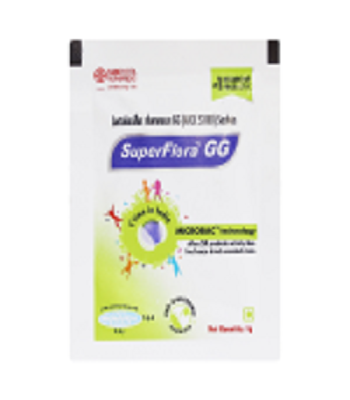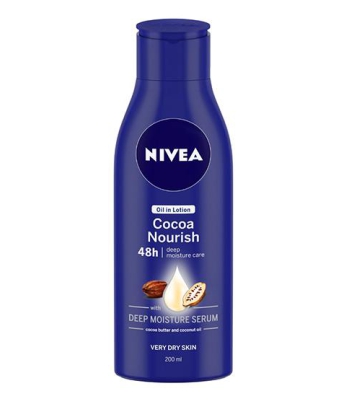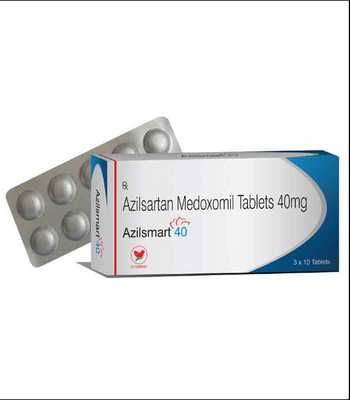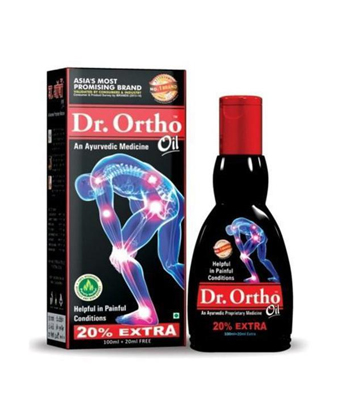REZ Q 300mg Injection 2ml
INR 20.03INR 20.03
Category :
Sub Category :
MG Details :
QUININE 300MG
Mfr by:
Shreya Life Sciences Pvt Ltd
Country of Origin:
NA
What REZ Q 300MG is used for?
It is used for the treatment of falciparum malaria
Driving & Using Machines
Talk to your Doctor, if you:
Are allergic or hypersensitive to quinine or any of the other ingredients of this medicine
Have hypersensitivity reactions such as thrombocytopenia, idiopathic thrombocytopenia purpura (ITP), thrombotic thrombocytopenic purpura (TTP), hemolytic uremic syndrome (HUS), blackwater fever (acute intravascular hemolysis, hemoglobinuria and hemoglobinemia)
Have myasthenia gravis
Have optic neuritis
Have atrial fibrillation, heart block, other cardiac conduction defects or other serious heart disease
Have rare hereditary problems of galactose intolerance, the Lapp lactase deficiency or glucose-galactose malabsorption
Have renal impairment and hepatic impairment
REZ Q 300MG should be administered as intravenous (I.V.) and intramuscular (I.M.) by doctor or nurse
If you receive more REZ Q 300MG
Your doctor or nurse will give you this medicine, so it is unlikely that you will receive too much. if you think you have been given too much, tell your doctor or nurse
Symptoms: irreversible visual loss, vomiting, tinnitus, deafness, headache, and visual disturbance, convulsions, impairment of consciousness, respiratory depression, QT prolongation, ventricular arrhythmia, cardiogenic shock and renal failure, Hypokalemia and hypoglycaemia
Like all medicines, this medicine can cause side effects, although not everybody gets them.
Tell your doctor if your taking,
Antifungal drugs (used to treat fungal infections)
HIV protease inhibitors (used to treat HIV)
Rifampicin, barbiturates, carbamazepine and phenytoin (used to treat epilepsy)
Amantadine (used to treat and prevent influenza)
Analgesics like levacetylmethadol (used to treat opioid dependence)
Amiodarone, flecainide (used to treat irregular heartbeat)
Moxifloxacin (used to treat bacterial infections)
Anticoagulants (helps to prevent blood clots)
Astemizole and terfenadine (used to treat allergic reactions)
Chloroquine, halofantrine and mefloquine (also used to treat malaria)
Pimozide and thioridazine (used to treat psychosis)
Digoxin (used to treat heart problems)
Cimetidine (used to treat ulcer)
Ciclosporin (used to prevent organ rejection)
Suxamethonium (used as a part of general anesthesia)
Storage
Keep this medicine out of reach of children
Store at a room temperature of 15-25°C
Disclaimer:
The contents of this website are for informational purposes only and not intended to be a substitute for professional medical advice, diagnosis, or treatment. Please seek the advice of a physician or other qualified health provider with any questions you may have regarding a medical condition. Do not disregard professional medical advice or delay in seeking it because of something you have read on this website.












